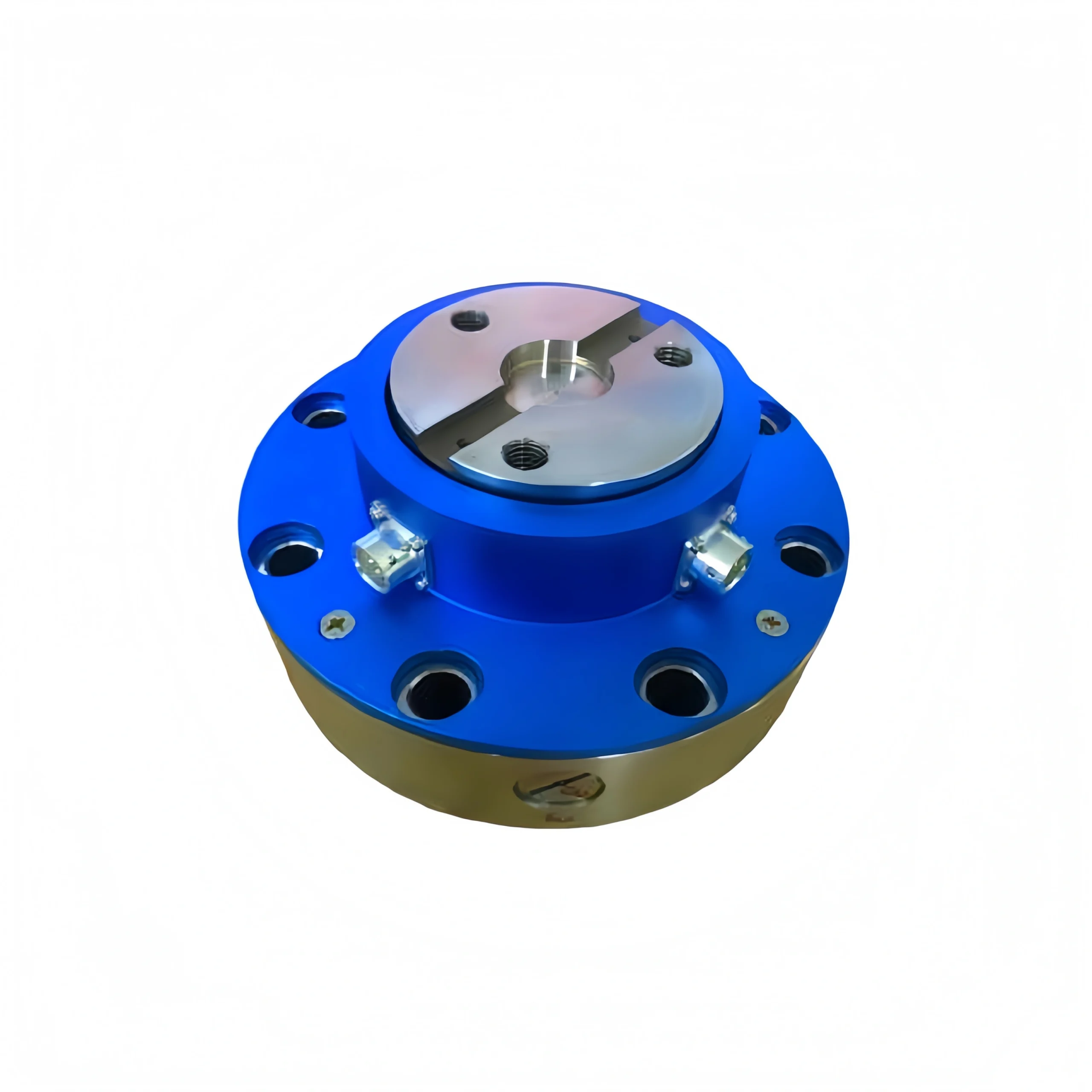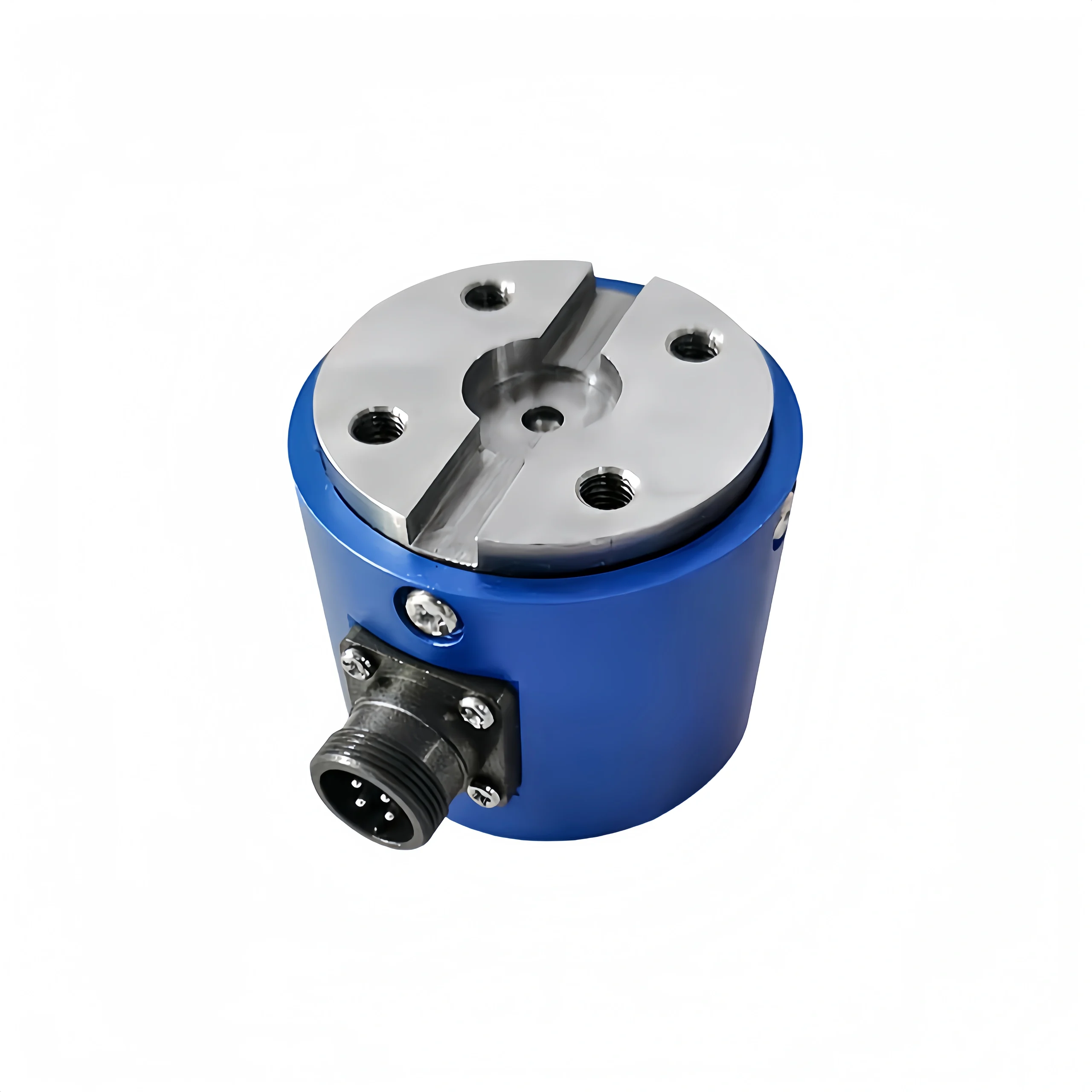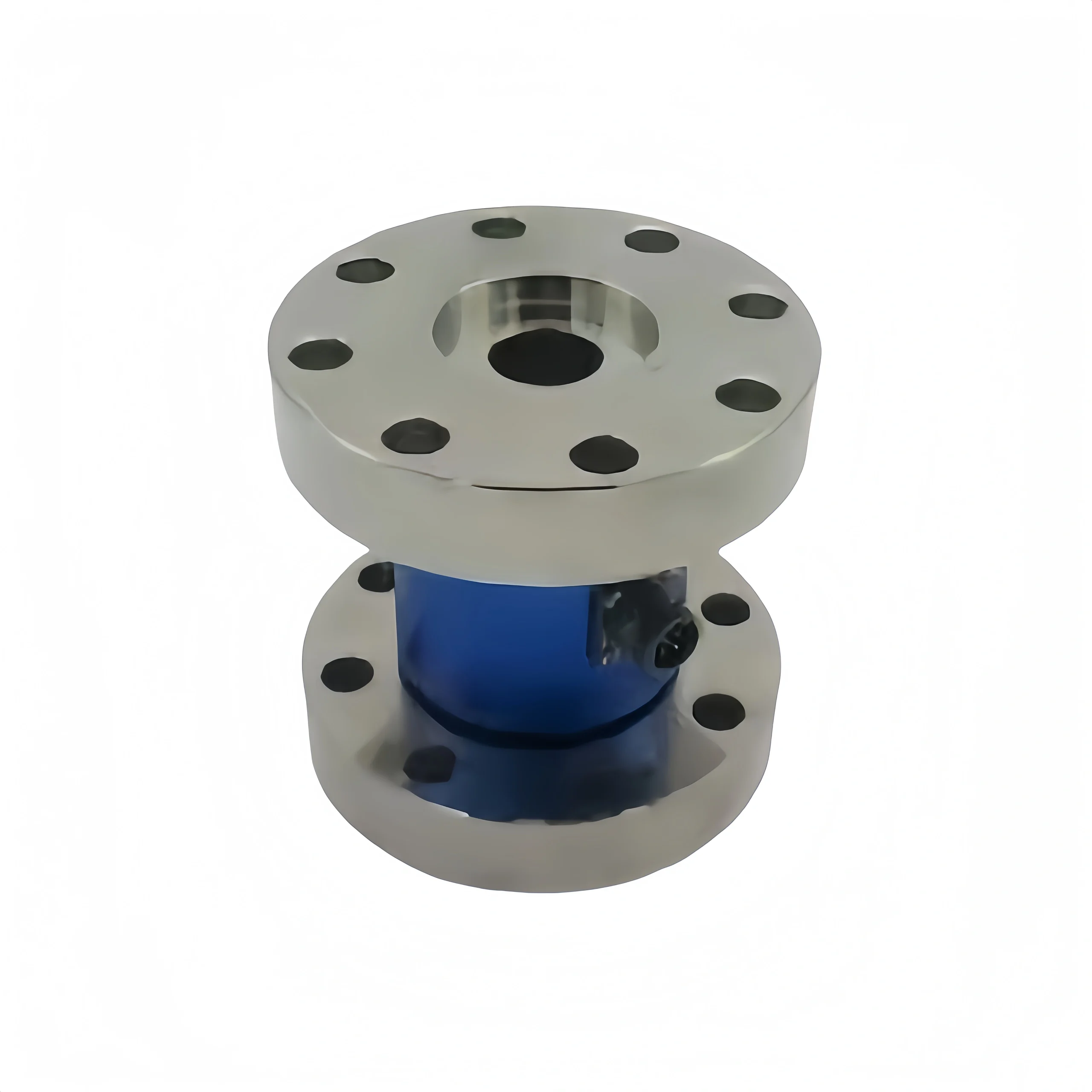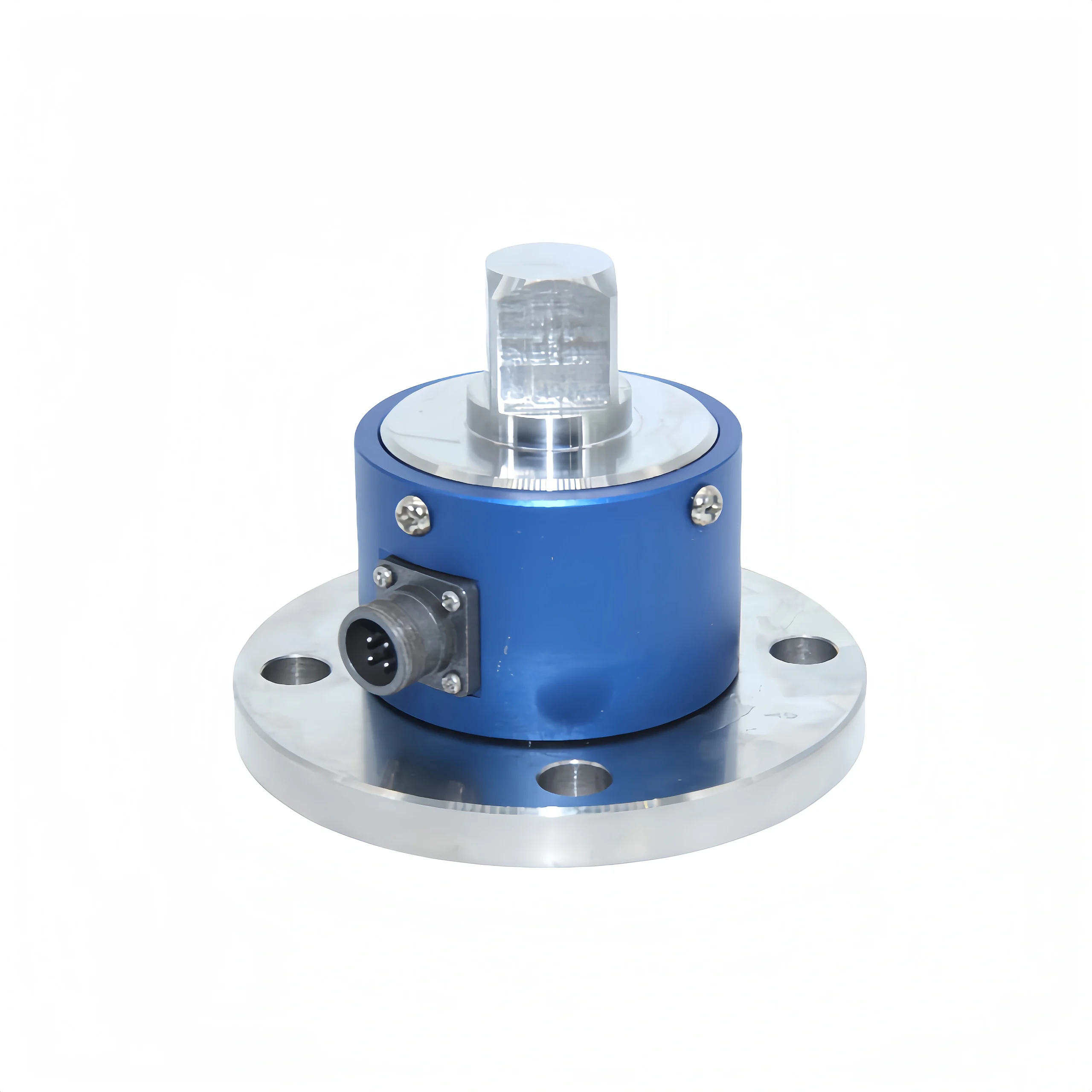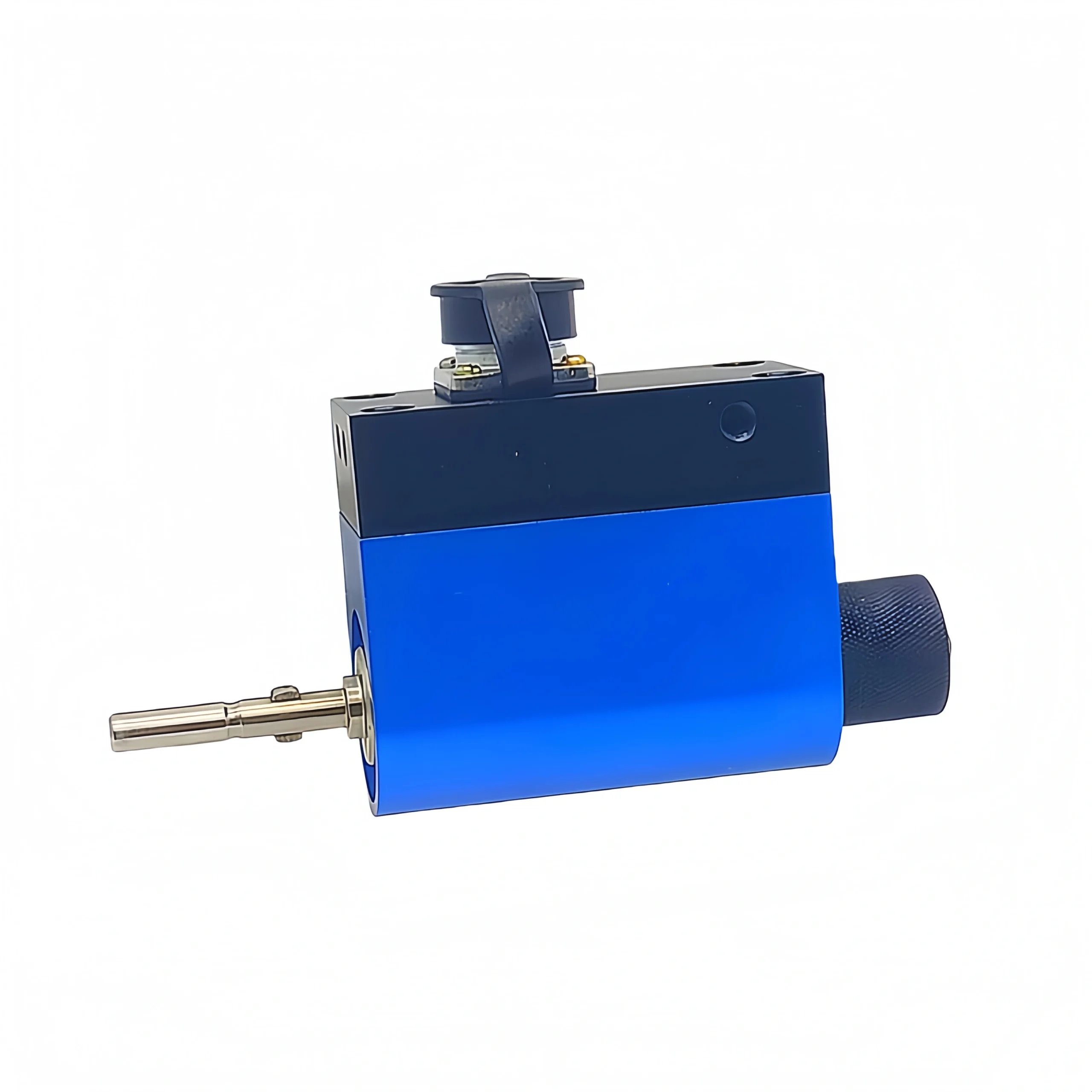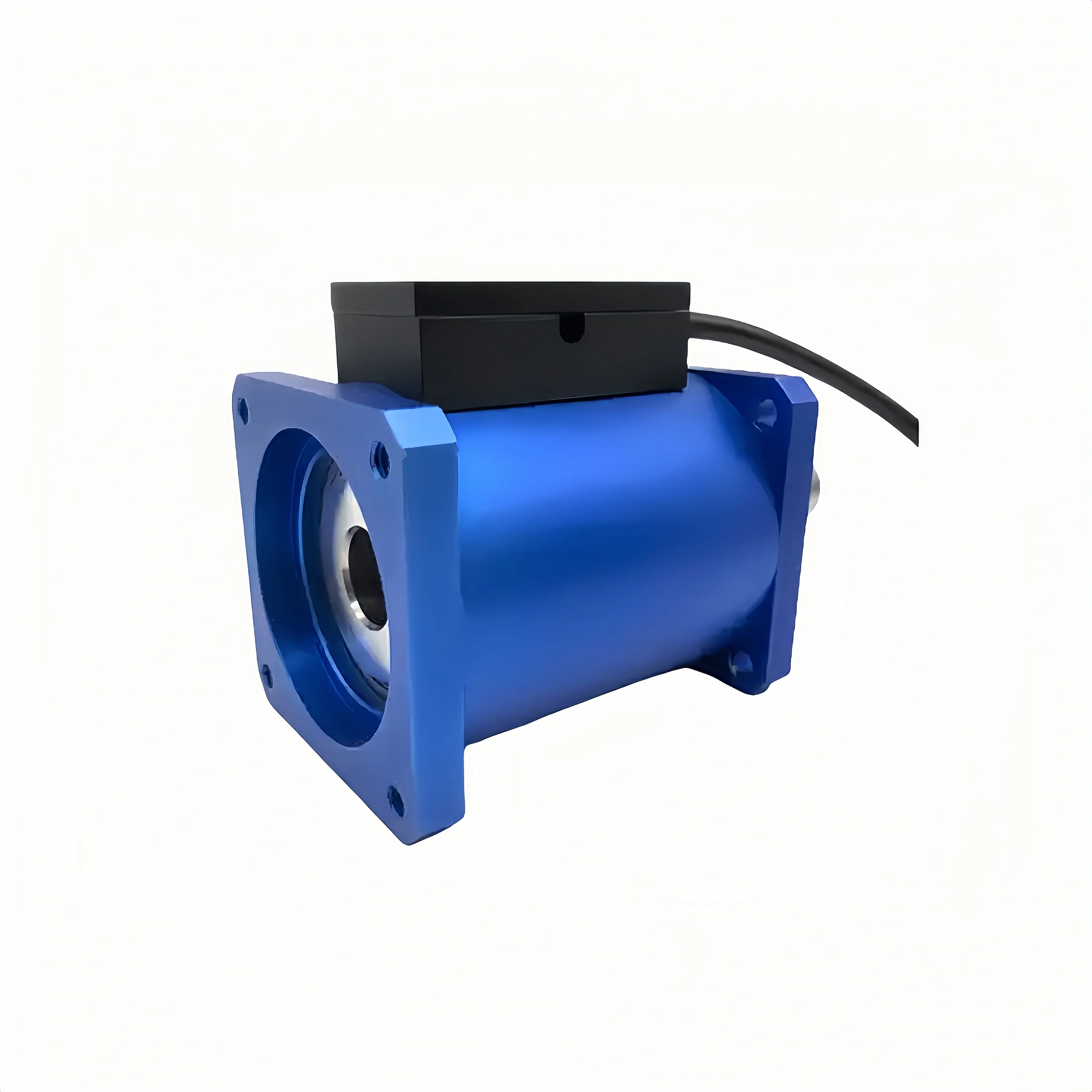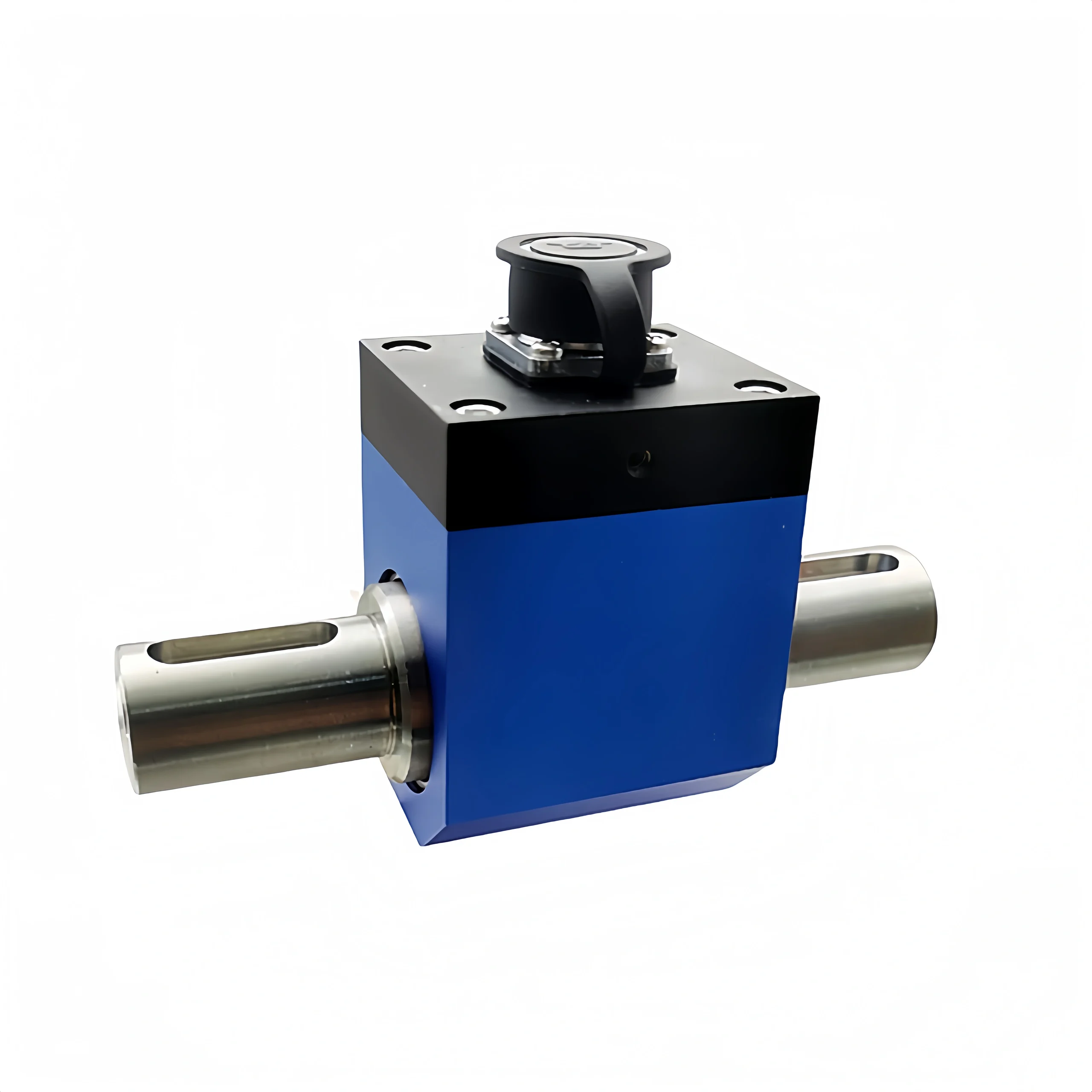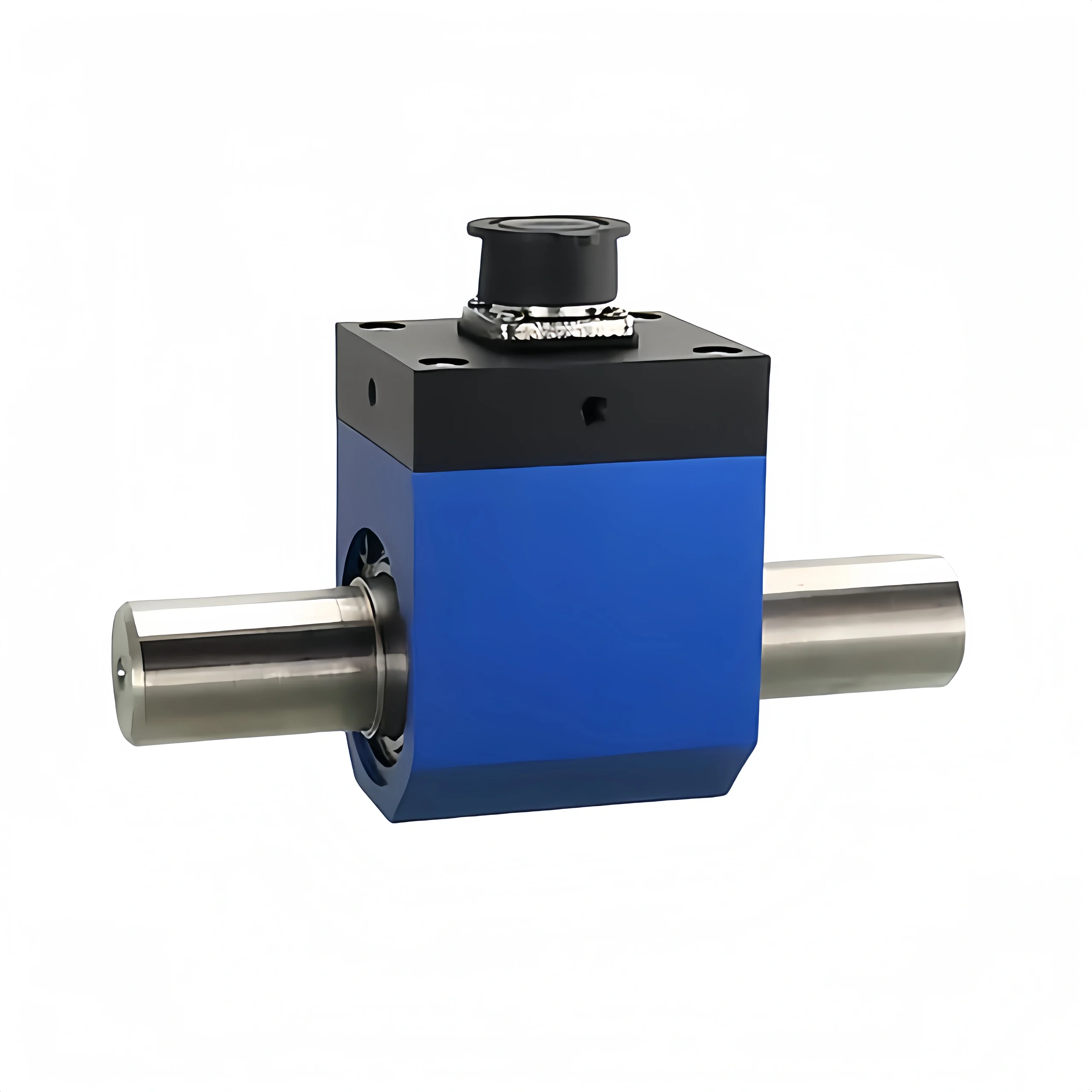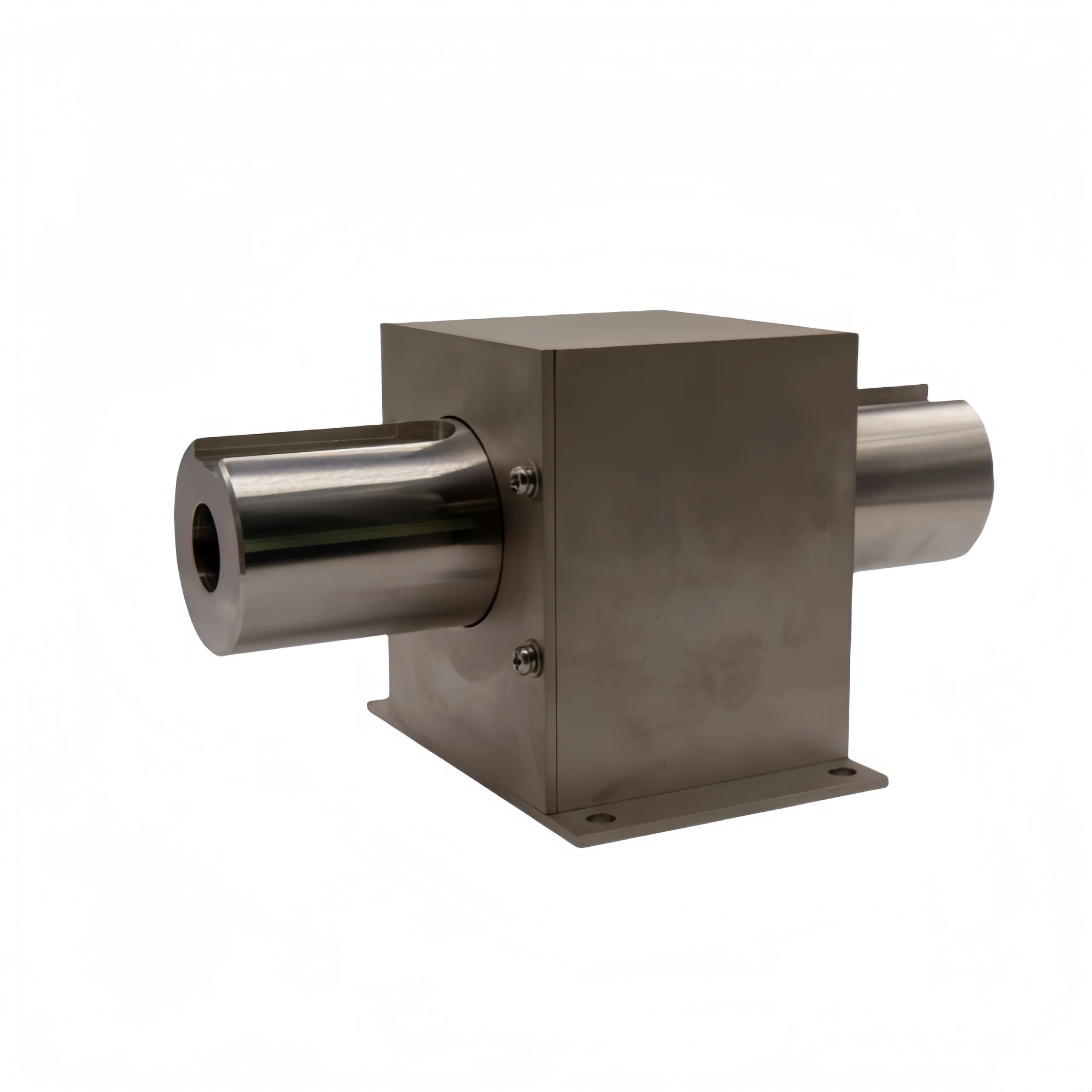What is a Gas Mass Flow Meter?
A gas mass flow meter is a device that measures gas flow by determining the mass of gas flowing through a specific point per unit time. Essentially, the flow is calculated based on the weight of the gas rather than the volume. For example, the most commonly used gas thermal mass flow meter is usually achieved by measuring the heat transfer of a heating element in the gas flow. This measurement is independent of the pressure and temperature changes of the gas.
Unlike standard volumetric flow meters, gas mass flow meters directly measure the mass of gas flowing past a point per unit time. This makes them very useful in applications where the gas density may vary.
Types and Features of Gas Mass Flow Meters

Thermal Gas Mass Flow Meter
A thermal gas mass flow meter is an instrument that uses the principle of thermal diffusion to measure gas flow. Sino-Inst’s thermal gas mass flow meters are available in insertion type and inline pipe section type.
- A true thermal gas mass flow meter that does not require temperature and pressure compensation for gas flow measurement, making measurement convenient and accurate. The mass flow rate or standard volume flow rate of the gas can be obtained.
- Wide range ratio, which can measure gas with a flow rate as high as 120Nm/s and as low as 0.1Nm/s. It can be used for gas leak detection.
- Good seismic resistance and long service life. The sensor has no moving parts and pressure sensing parts and is not affected by vibration on measurement accuracy.
- Easy to install and maintain. If site conditions permit, non-stop installation and maintenance can be achieved. (Special customization required)
- Digital design. Overall digital circuit measurement, accurate measurement, and easy maintenance.
- The thermal gas mass flow meter adopts RS-485 communication or HART communication. It can realize factory automation and integration.
- The power supply is optional AC220V, DC24V or AC220V, DC24V dual power supply.
Vortex Flow Meter
Vortex flow meters work based on the Karman vortex principle. It can be used for flow measurement of various industrial gases, liquids, and steam.
Sino-Inst can configure the appropriate vortex flowmeter according to your needs, including temperature and pressure compensation integrated vortex flowmeter, insertion vortex flowmeter, clamp type, threaded type, flange clamp type vortex flowmeter, etc.
- Wide measuring range and small pressure loss. Measurable nominal diameter: DN15~DN300mm;
- Various structural forms, including flange installation, wafer installation, insert installation, thread installation, clamp installation, etc.;
- High measurement accuracy. Liquid ±1.0%, gas (steam) ±1.5%, plug-in ±2.5%;
- Supports integrated and split temperature and pressure compensation;
- A wide range of measurable media. Including liquid, gas, saturated steam, superheated steam;

Common Gas Mass Flow Meter Applications
Gas mass flow meters measure the actual mass of the flowing gas, making them ideal for applications where pressure and temperature fluctuations can affect volumetric flow measurement. Essentially any situation where accurate measurement of gas mass flow is required, regardless of pressure or temperature fluctuations.
Common applications for gas mass flow meters include:
- Combustion air monitoring: measuring the exact amount of air supplied to a boiler for efficient combustion.
- Gas chromatography: accurately controlling the flow of carrier gas in analytical instruments
- Semiconductor manufacturing: monitoring process gas flow during wafer fabrication
- Nitrogen tank blanketing: ensuring proper nitrogen flow to protect equipment from oxidation
- Biogas monitoring: measuring biogas flow from anaerobic digestion
- Medical applications: accurately controlling gas flow in respiratory equipment
- Environmental monitoring: measuring emissions from industrial processes

What are the Limitations of Gas Mass Flow Meters?
Gas mass flow meters, especially thermal mass flow meters, have some limitations. The potential for sensor contamination due to buildup on the heating element, and the need to be precisely calibrated to the specific gas being measured.
This means they may not provide accurate readings if the gas composition differs significantly from the calibration gas.
Key limitations of gas mass flow meters:
- Gas composition dependence:
The meter is only accurate for the specific gas it is calibrated for, and changes in gas composition can significantly affect the readings.
- Moisture sensitivity:
Condensation in the gas (moisture) can disrupt the heat transfer process and cause inaccurate measurements.
- Temperature fluctuations:
Rapid changes in gas temperature can cause temporary instability in readings.
- Sensor fouling:
The buildup of contaminants on the sensor can affect heat transfer, causing inaccurate flow measurements.
- Flow range:
Some mass flow meters may have a limited operating range and may not be suitable for very low or very high flow rates.
- Calibration requirements:
Regular calibration is necessary to maintain accuracy, especially when dealing with changing gas compositions.
Gas Flow Meters vs Gas Flow Controllers

Gas flow meter is an instrument mainly used to measure gas flow. It is installed in the pipeline to record the amount of gas flowing through. It can measure coal gas, air, natural gas, nitrogen and other gases.A gas flow controller is a device used to accurately measure and control the flow of gas.
Of course, can we combine these two devices? For example, digital thermal gas mass flow controller/flow meter is mainly used for the measurement and control of gas flow with a range from 5SCCM to 50SLM. The maximum pressure resistance of the product can reach 5Mpa, and it adopts a new sensor manufacturing process.
It has the following features:
- Fast response speed
- Wide pressure range
- Precise flow control
- Long data transmission distance
- Strong anti-interference ability
- Pressure resistance 5mpa
Application Industry:
- Vacuum coating equipment, semiconductor process equipment
- Chemical and chemical experimental equipment, food science and engineering equipment
- Energy and environmental protection equipment, various analytical instruments and equipment
- Surface treatment, vacuum metallurgy and material technology
- Laboratory equipment of universities and research institutes
Sino-Inst has a wide selection of gas mass flow meters to suit numerous applications and price ranges. These meters assist in industrial gas flow management and departmental consumption allocation; experimentation and research. Integrated flow management functionality supports unit gas consumption control. Applications include: Air, Nitrogen, Oxygen, Argon, Carbon Dioxide, City Gas 13A (45/46MJ), Methane, Propane, and Butane.
The gas mass flow meter can also be used for some gases not listed. Please contact Sino-Inst’s sales engineer for more details!







